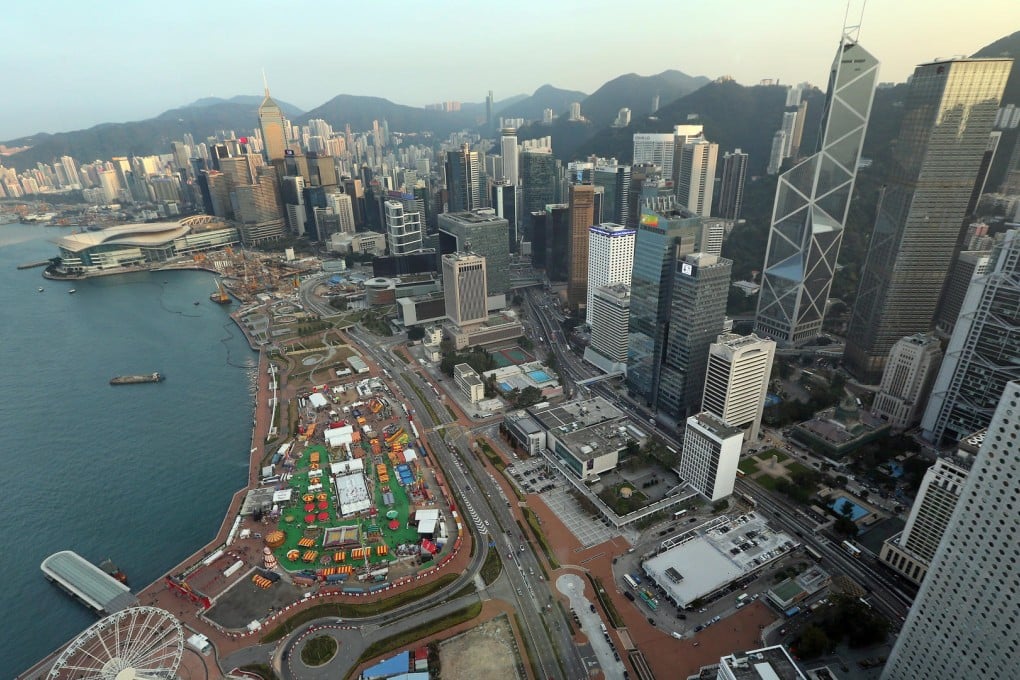Hong Kong should stop labelling refugees as 'illegal immigrants'
Aideen McLaughlin says by labelling asylum seekers 'illegal immigrants', the Hong Kong government promotes stereotyping while absolving itself from its duty of care

The language of migration is politically charged. In these days of "mixed migration", both refugees and migrants are boarding the same rickety boats and making the same life-threatening journeys across perilous waters. The former are forced to move due to a well-founded fear of persecution in their home countries; the latter leave behind poverty, disease, natural disasters and lack of opportunity, and are not eligible for international protection.
In this climate, described in a report by Amnesty International this week as the "worst refugee crisis of our era", terms such as "refugees" and "migrants" become interchangeable. Commentators, journalists and the public struggle to know which to apply, confused as to who is "worthy" of their column inches and sympathy, while governments choose their words very carefully.
In Hong Kong, there has been a marked change in the government's rhetoric, with refugees seeking protection now being unequivocally categorised as "illegal immigrants". In a paper issued by the administration this month to brief legislators ahead of a Panel on Welfare Services meeting on those seeking refuge, it refers to refugees and torture claimants as "foreigners who smuggled themselves into Hong Kong, and visitors who overstayed their limit of stay". In short, they are "illegal immigrants".
It continues: "The 1951 United Nations Convention relating to the Status of Refugees has never applied to Hong Kong, and illegal immigrants seeking non-refoulement in Hong Kong are not to be treated as 'asylum seekers' or 'refugees'. For example, they will not be offered legal status to settle in Hong Kong, regardless of the result of their non-refoulement claim (which only offers them temporary suspension of removal)".
In the first three pages, it uses the term "illegal immigrants" at least seven times.
Since the introduction last year of the unified screening mechanism, the government's new system for processing protection claims, refugees who come on valid visas must overstay and become "illegal" in order to even enter the system or to access any humanitarian assistance.
